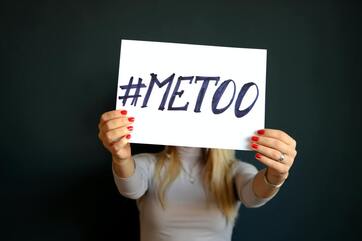 Photo by Mihai Surdu on Unsplash Photo by Mihai Surdu on Unsplash Earlier today, the U.S. Department of Education released its much-anticipated Final Rule under Title IX. The document is 2033 pages long, so I haven't gotten anywhere near through it, but they have released several summaries: here, here, and here. Important points on my first read through: Hearings
Three categories of violations
Responsible employees
Investigative reports/communication with parties: parties get at least ten days to review and respond to investigative reports (many schools are currently only allowing a five day or less review period) Appeals: both parties must have an opportunity to appeal (also big as this was not previously required - it was just if there was an appeal allowed, both parties had to have the opportunity to appeal) Informal resolution: not allowed in cases where an employee engaged in sexual harassment against a student Confidentiality: parties' written consent is required before their medical or psychological records can be released or used at a hearing Standard of proof: either "preponderance of the evidence" or "clear and convincing evidence" can be used at the school's discretion That's a brief overview of some of the major changes I see in my initial review. Stay tuned as there will likely be a lot more discussion and news on this topic as people have a chance to review the full document. ***This blog contains information only - no legal advice is being provided and you are not a client of the firm unless we have signed a representation agreement with you*** |
Archives
April 2023
Categories |
CONTACT INFORMATION
|
Elizabeth Abdnour Rated by Super Lawyers loading ... |
© 2024 by Elizabeth Abdnour. All rights reserved.
 RSS Feed
RSS Feed
